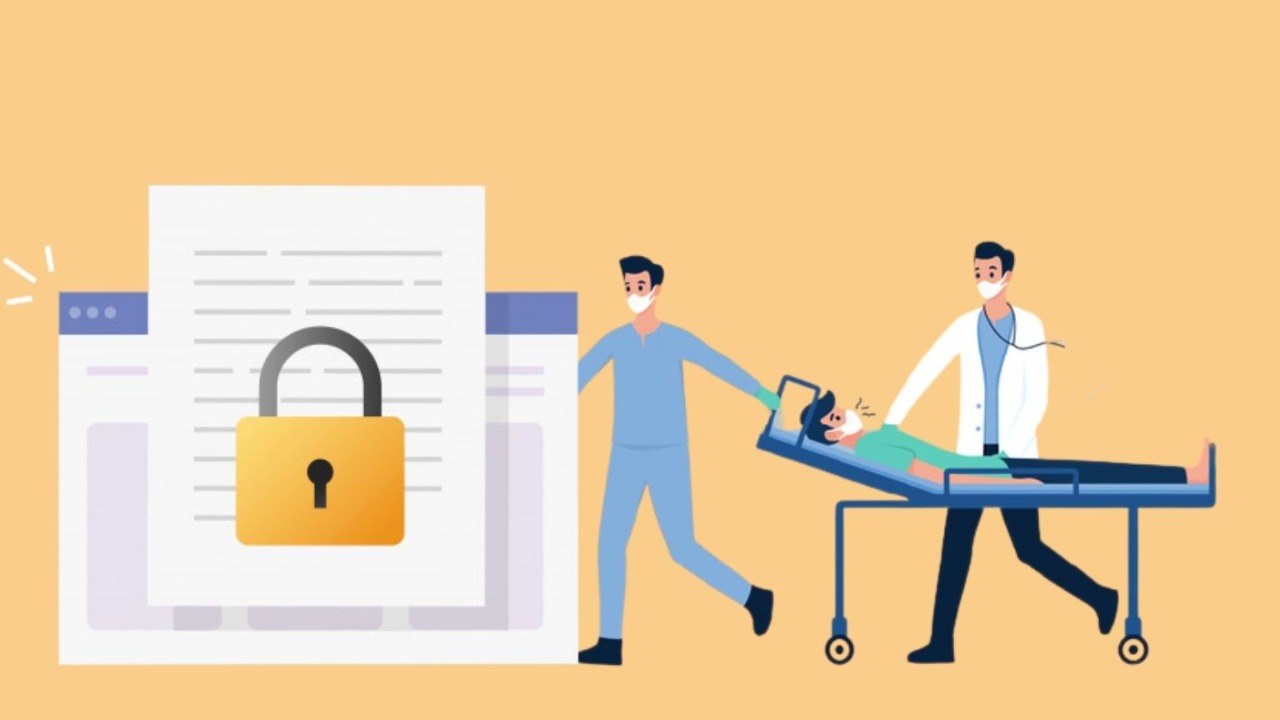
Incidents, sometimes, have information that cannot be widely disseminated or discussed across all staff. We can identify many reasons why this is the case: maybe the people involved are highly placed individuals in the society; perhaps the event has a far-reaching impact if mishandled, or maybe there are legal reasons to restrict the audience. General dissemination of such information can lead to gossip or widespread speculation. In the era of viral social media, the organization may be dealing with a PR nightmare while managing the actual issue or incident. Besides, such speculation can also cause unintentional and unfounded concerns to staff or patients.
It is, then, only natural that Senior management and Quality Managers will want to restrict the audience of specific incidents to a select staff only.
Sensitive Incidents are the digital equivalent of a “Private & Confidential” document of the paper-office era.
Sensitive Incidents in QUASR
We, at QUASR, recognize this problem very well. While we want to build a transparent, knowledge-sharing platform, we also want to enable our customers to restrict information to a restricted group of staff as the need arises. This feature is a standard feature built into QUASR and is available for all BASIC and Enterprise plan customers.
The LITE plan does not include this feature since the plan only targets a closed group of users within the larger institution. If enough customers feel LITE should have this feature, we will enable it for that plan.
Sensitive Incidents in BASIC
In BASIC, any user with sufficient privileges can mark an incident as Sensitive. Sensitive incidents in the BASIC plan have a fixed behaviour for all our customers. Only users with the privilege to view such incidents are allowed to view all parts of the incident. Other users can only access the basic incident information and supervisor review information. Similarly, access to widgets is also limited to users with access to sensitive incidents. Only users with sensitive incident access can attach files, invite other participants, and add new notes to such incidents.
Sensitive Incidents in Premium
The premium plan has two significant differences from the BASIC plan. In the premium plan, the sensitive feature is in quality manager access. By default, the quality manager is the only role that can mark an incident as sensitive. The Quality Manager role is the primary stakeholder in the premium plan for incident management, hence this decision. However, it is possible to configure and extend this to other roles at the time of implementation.
Secondly, we implement the sensitive feature as a “flag” in the system. Doing so allows us to extend all the additional benefits of the flag to the sensitive flag. Flagging an incident adds a visual cue to the incident view to indicate the flag. It also notifies a predefined set of stakeholders about the occurrence of a sensitive incident. Additionally, these predefined stakeholders automatically gain access to the incident — even if they are not initially involved in the incident. We will dedicate another post in the future to discuss the flag system in QUASR.
Premium and BASIC versions treat the access to the incident information similarly. Whereas the role and its permissions determine the behavior in BASIC, Premium restricts access to Quality Managers, Administrators, and Management roles. Again, in Premium, it is possible to configure this behavior to the organization’s specific needs
Striking A Balance
In QUASR, by implementing this feature, we forgo transparency and open communication. However, we believe we have struck a middle ground between restricting access and openness. The primary incident information remains accessible to all staff at all times. Only the more advanced information like Quality Review or Investigation and RCA details are unavailable to all users. We believe this still allows all stakeholders to stay updated on all their concerning incidents in the organization.
How does your organization handle sensitive incidents? Whether you use a manual or a paper-based system or a digital system to manage your incidents, please let us know your thoughts and suggestions on this feature.




